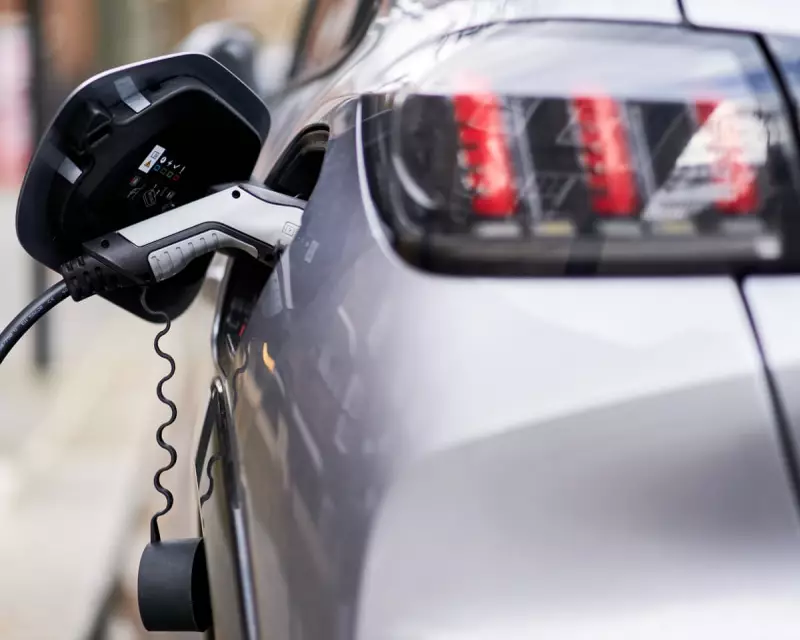
The era of tax-free motoring for electric vehicle owners appears to be coming to an abrupt end. Chancellor Rachel Reeves is preparing what could be the most significant overhaul of Britain's road tax system in decades, with plans to introduce a pay-per-mile charging scheme that could raise up to £6 billion annually.
The End of the Electric Vehicle Tax Holiday
For years, electric vehicle (EV) drivers have enjoyed exemption from Vehicle Excise Duty (VED), creating a growing black hole in Treasury coffers as EV adoption accelerates. With projections showing the Treasury could lose £10 billion in fuel duty by 2030, the government is moving swiftly to address the funding gap.
The new system would fundamentally change how all drivers are taxed on Britain's roads, shifting from fixed vehicle tax to a usage-based model where drivers pay for each mile travelled.
How Would Pay-Per-Mile Actually Work?
While details remain under development, the proposed system would likely involve:
- Distance-based charging using GPS technology or annual mileage declarations
- Variable rates potentially based on vehicle type, weight, or emissions
- Time-based pricing that could charge more for peak hour travel
- Replacement of both VED and fuel duty with a single, comprehensive system
The £6 Billion Question: Who Pays What?
The Treasury's internal modelling suggests the new scheme could generate between £3 billion and £6 billion annually. The crucial question remains how the burden will be distributed among different types of vehicles and drivers.
Industry experts warn that the transition must be carefully managed to avoid discouraging EV adoption while ensuring the tax system remains fair and sustainable.
What This Means for Current EV Owners
For the growing number of Britons who've invested in electric vehicles, the proposed changes represent a significant shift. While EV running costs have traditionally been lower than petrol or diesel equivalents, pay-per-mile charging could substantially alter the economic calculations for prospective buyers.
The government faces a delicate balancing act: maintaining incentives for cleaner vehicles while ensuring all road users contribute fairly to maintaining the UK's transport infrastructure.
With the Budget announcement expected soon, millions of drivers across Britain are waiting to see how this radical tax overhaul will reshape the cost of motoring in the electric age.





